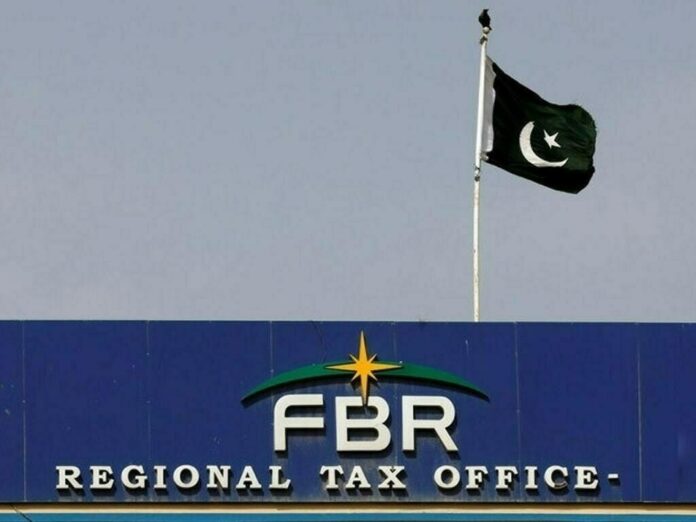The Federal Board of Revenue (FBR) has announced plans to implement restrictions on economic transactions of individuals deemed “ineligible.” These individuals will include those who fail to disclose sources of income or investments in their wealth statements.
The FBR on Monday issued an income tax circular (1 of 2025) to clarify the provisions of the Finance Act 2025. A key element introduced through this Act is Section 114C, which distinguishes between “eligible” and “ineligible” individuals based on their financial capacity to conduct economic transactions.
This will be determined by the cash or cash-equivalent assets declared in their latest wealth statements, or through an investment and expenditure statement justifying the availability of funds for transactions during the year.
Under the new rules, ineligible individuals will be prohibited from engaging in certain transactions, such as purchasing a motor vehicle exceeding Rs 7 million, acquiring or transferring immovable property valued over Rs 100 million, or making investments in securities or mutual funds exceeding Rs 50 million.
Investments of up to Rs 50 million may still be made, provided they represent new investments within the year, excluding those reinvested from already held assets or profits.
Additionally, individuals cannot withdraw more than Rs 100 million in cash from their bank accounts. The new provisions will not apply to non-resident individuals or public companies, except regarding cash withdrawals.
To be classified as an eligible person, an individual must demonstrate sufficient resources either in their wealth statement from the prior tax year, or through the financial statement or expenditure declaration filed for the current year.
These resources must amount to 130% of their cash and cash-equivalent assets, which may include cash (in local or foreign currency), gold, stocks, bonds, receivables, or other prescribed assets.
The new regulations also include transactions involving the exchange of capital assets, which are considered part of an individual’s cash-equivalent assets as long as they reflect the value mentioned in the transaction agreement.
The scope of eligibility extends to immediate family members—parents, spouses, and dependent children—of the individual in question.
These regulations are set to be enforced once officially notified by the federal government in the Gazette. The FBR also clarified that resources declared in the source of expenditure statement will not be considered as sources of income for the purposes of Section 111 of the Ordinance.




